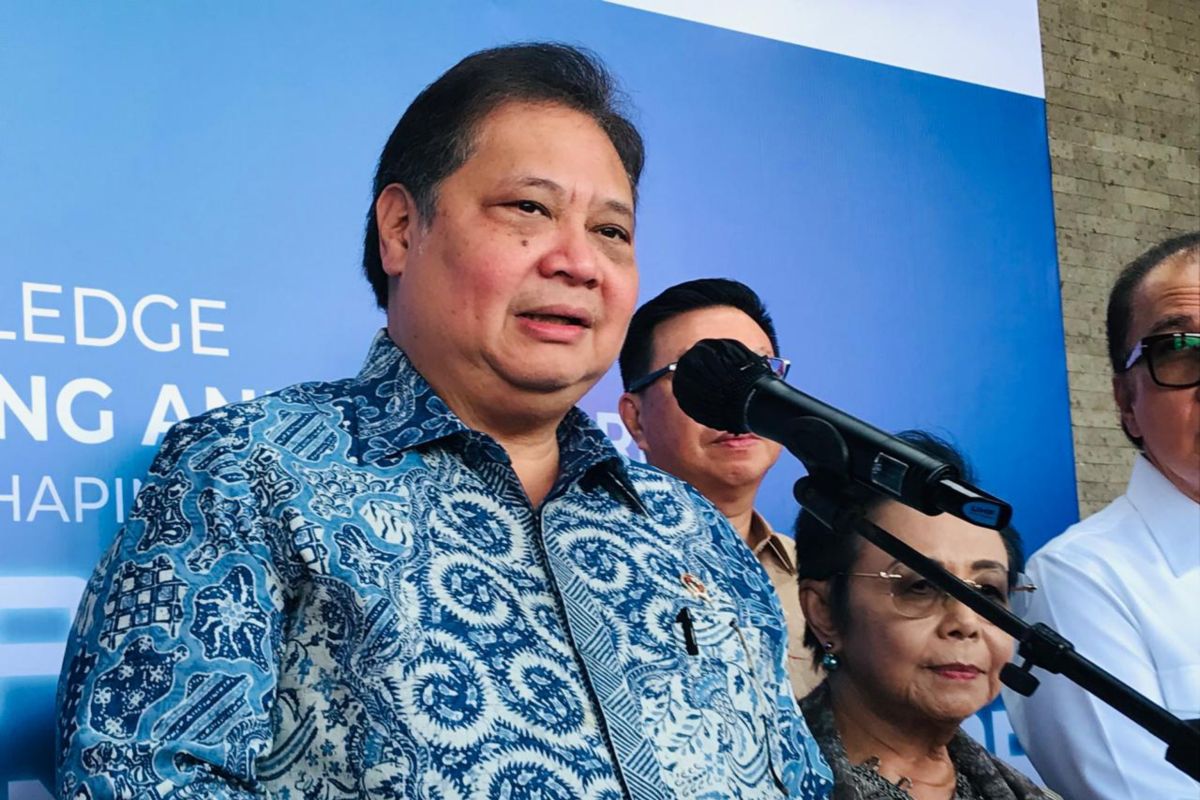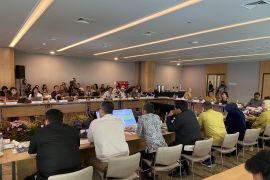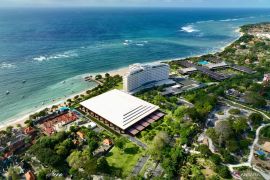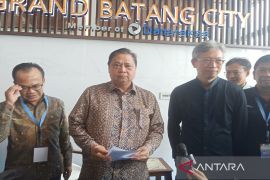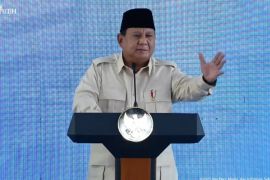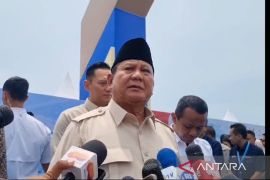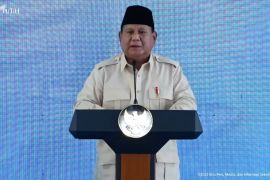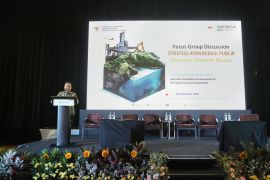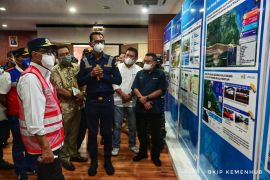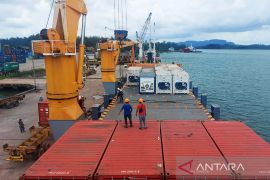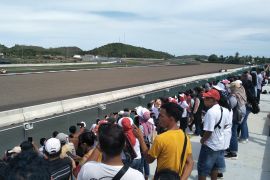He refers to several SEZs which are located near the two neighboring countries, including the Nongsa SEZ in Batam and the Galang Batang SEZ in Bintan, Riau Islands. Those two SEZs continue to be expanded by an artificial intelligence-based industrial ecosystem.
"We have a digital SEZ in Nongsa where now Nongsa Digital Pak is full of materials with data centers including AI data centers, one of which is GDS (an IT company from Shanghai). Yesterday they decided to expand because we also have competitors, namely Singapore-Johor Malaysia, they are working together to also develop the Digital Park Special Economy Zone," he said.
Malaysia and Singapore are currently developing the first cross-border SEZ in Southeast Asia called the Johor-Singapore Special Economic Zone. Its location is close to Indonesia's Batam SEZ as well as Galang Batang SEZ.
Speaking at a knowledge sharing and networking event, which highlighted the theme of "Shaping The Future Economy: AI & Semiconductor", at the Kura-Kura Bali SEZ, Sunday, Hartarto further said the Indonesian Government is currently continuing to build SEZs in Batam and Bintan to attract investment around the area, including semiconductor developers.
One of the semiconductor industries is being developed in Batam because it needs a market and a free flow of raw materials. A silica-based industry will also be built there, he added.
In addition to the SEZ, several other SEZs that are being developed to become catalysts for the semiconductor industry are the Kendal SEZ in Central Java and the East Java SEZ.
He also hopes that the Kura-Kura Bali Bali SEZ can become a catalyst for the semiconductor industry with a collaboration on HR development between the United in Diversity (UID) Bali Campus and the Tsinghua Southeast Asia Center.
"For this semiconductor (industry), it needs human resources, while for the hard production it needs water and energy so that the ecosystem that I mentioned earlier is suitable for assembly testing and packaging but also human resource development," Hartarto explained.
He also denied that the plan to implement semiconductors in the Indonesian AI industry did not have the potential to reduce the workforce.
"Every development of AI or semiconductors behind dozens of people will actually add jobs, of course different jobs," he added.
Related news: Special economic zones to be Indonesia's growth drivers: minister
Related news: Minister optimistic of regions emulating Sanur SEZ hospital
Translator: Yashinta Difa
Editor: Rahmad Nasution
Copyright © ANTARA 2024
